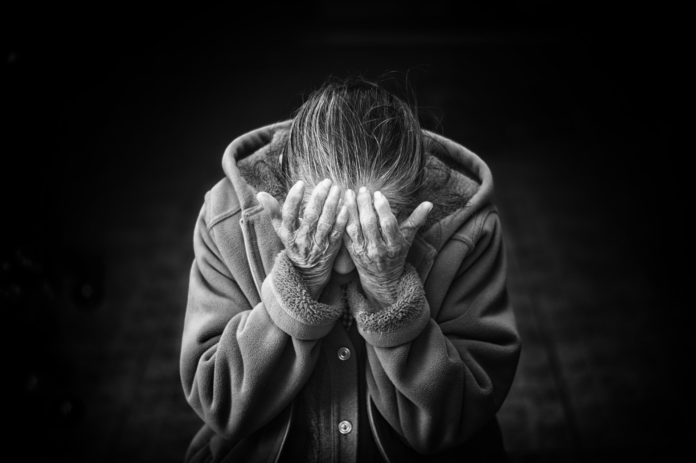Calgary senior programs are vital and valuable to our city. Community programs fill the gap for seniors that employment or child-rearing used to occupy. They give seniors a purpose, empowering them to take better care of themselves and thus have fewer medical problems. Without a sense of purpose, seniors may feel alienated, depressed, and worthless.
Seniors are a very important contribution to our society. They are not just elderly people to be put out to pasture. Seniors offer many things: They pass down the family and societal history. They are caretakers. They are role models. They are the guardians of wisdom and experience, of the sensibility of society—society’s stewards. Below are ten ways to help seniors deal with isolation and depression.
- Treat Sleeping Problems
Many seniors who live alone are prone to sleeping problems which can aggravate depression. To prevent serious depressive episodes, keep a regular sleep schedule. Daytime naps should be avoided. If suffering from sundowning or a sleep disorder, try to do activities that are engaging or keep necessary medication close at hand.
Sundowning – is a symptom of Alzheimer’s disease and/or other forms of dementia. It is also known as “late-day confusion.” A person with sundowning may get worsening confusion and agitation in the late afternoon and evening. In comparison, their symptom may be less pronounced earlier in the day.
- Rediscover a Sense of Purpose
People who have lost their sense of purpose in life tend to struggle with depression making it difficult. To keep loneliness and brooding at bay, take up a hobby such as knitting or gardening. Try out social pastime activities such as card playing, yoga, or volunteer work for a local charity.
- Social Interaction
Remember to visit friends and extended family, take part in group outings, and attend community events. Studies suggest that an active social life improves physical, mental, and emotional health which is especially important for seniors struggling with loneliness and depression. Most importantly, never let someone deal with depression on their own. Reach out.
- Keep Physically Active
Research found that physical activity can be a lifesaver for aging persons. Gentle exercises such as walking, stair climbing, and exercises capable of one’s own ability can help a senior stay in solid physical, mental and emotional shape. Group exercise classes such as yoga or tai chi can also help someone suffering from depression. You never know—you might even make friends with like-minded peers.
- Eat Healthy
Fiber-rich foods such as fruits and vegetables are a must for seniors, and so are whole grains and lean protein. If cooking vegetables, make sure they are lightly cooked. Minimize sugars, starch, and unhealthy fats. Remember, there is a direct link between depression and unhealthy foods.
- Take on A Responsibility or Chore
Do not get caught up in a whirlwind of negative thinking. Instead, find a meaningful responsibility. For mobile seniors, a dog makes a perfect companion that can make you feel loved and needed while also staying physically active. A dog also serves as a social mechanism when on walks. Get a plant. Maybe even name it. Plants can also be a potent mood-booster. Just looking after a plant can also improve depression.
- Demonstrate Love
Love makes the world go ’round. Giving love to a senior helps keep their depression under control. Show aging seniors that you love and need them. Listen to them. Hug them often. Expressions of love are especially important for widowed seniors who need more support and affection to deal with grief.
- Seek Professional Help
Decreases in appetite and behavioral changes can be a symptom of depression getting worse. Contact a mental health professional. Sign up for counseling if depression is getting out of hand. Help a senior book an appointment if necessary.
- Monitor Medication
A therapist may recommend antidepressants, but in less serious cases, alternative medicine such as aromatherapy or occupational therapy may be a better option.
- Consider Home Care
For senior family members aging in their own home, an assistant can be hired to check in on them once a day and help with day-to-day chores such as grocery shopping and bathing. Perhaps another option is to have a senior move in with another family member. This can make travelling less stressful as well have the assurance that the senior is in good loving hands.
Sundowning
The term “sundowning” refers to a state of confusion occurring in the late afternoon and spanning into the night. Sundowning isn’t a disease, but a group of symptoms that occur at a specific time of the day that may affect people with dementia, such as Alzheimer’s disease. The exact cause of this behaviour is unknown.










